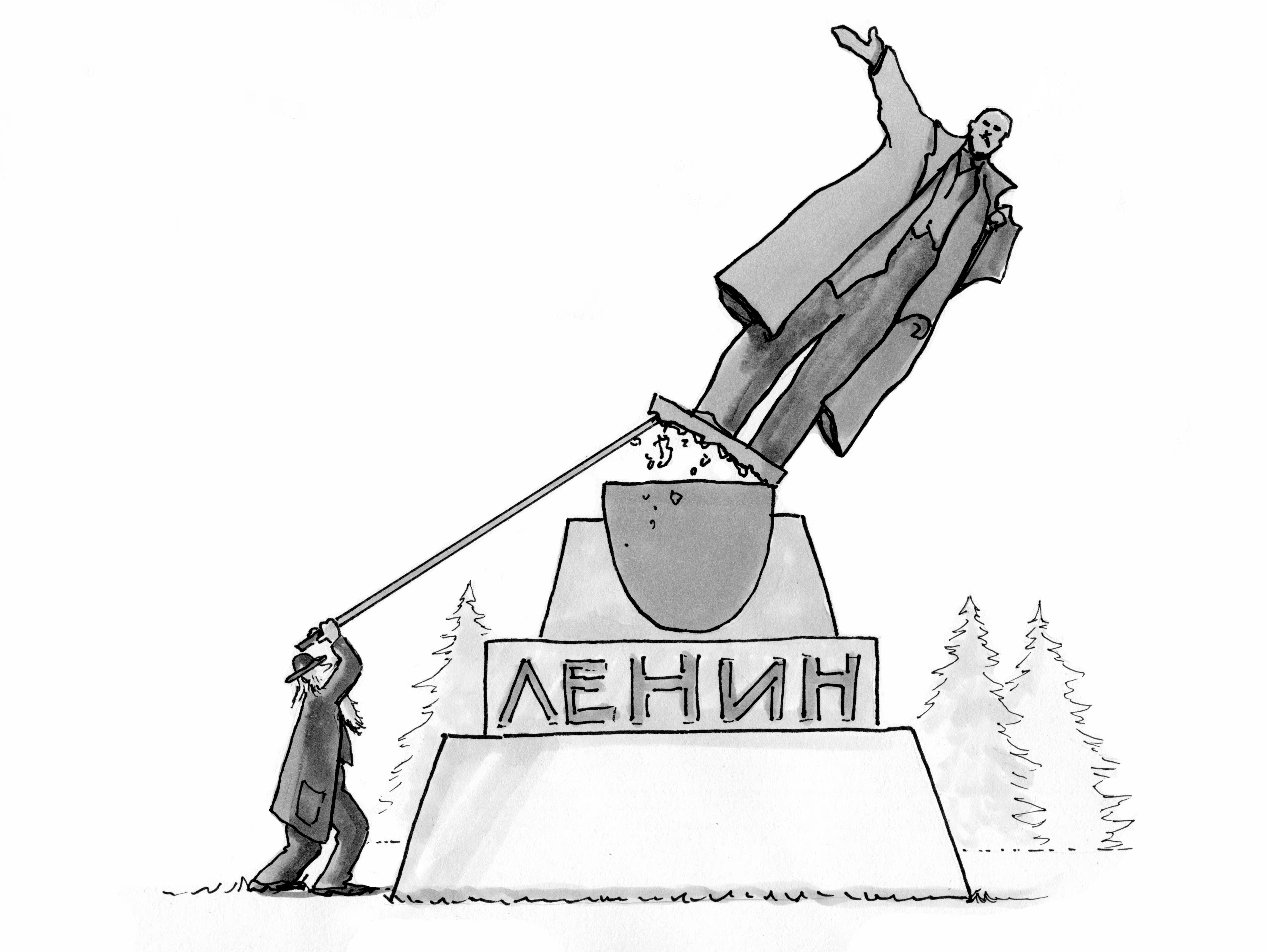Failing to distinguish between varieties of self-interest can be deadly.
In DFP-VI, we showed that competition in evolution can refer to “nature red in tooth and claw” but it can also mean a struggle against the elements or individuals--even different species--cooperating to achieve collective goals.
Similarly, the idea of self-interest can refer to benefitting oneself no matter what the harm to others, but it can also mean a more “enlightened” form that aligns personal, societal, and environmental goals.
The Federalists knew this, seeking “public happiness” by describing “the true interests of the community” which required “regulation of…various and interfering [self-]interests.”
Their socially and civically viable vision of self-interest was working well in 1835, when Alexis d’Toqueville wrote “How the Americans Combat Individualism by the Principle of Interest Rightly Understood.” The idea and word “individualism” were newly minted and Tocqueville marveled that “an enlightened regard for themselves constantly prompts [Americans] to assist each other, and…willingly to sacrifice…[for] the welfare of the state.”
This variety of self-interest knows it needs a thriving community and doesn’t seek to gain at the expense of it. Weakening what you depend on, slowly weakens your more enlightened self-interest (it’s a win-now-lose-later strategy). Similar logic animates Pericles’ funeral oration: “It does not matter whether a man prospers as an individual: If his country is destroyed, he is lost along with it.” Even Ayn Rand, the high priestess of selfishness, distinguished between what she called rational and irrational forms.
Sadly, what passes for “rational” self-interest today is often so unenlightened that it undermines rather than promotes the common good. The economics profession is largely to blame, relying upon ideas that would be utterly foreign to the Federalists. Specifically, the economic concept of self-interest is centered purely on the maximization of individual welfare, without regard to others. The invisible hand of the market is supposed to align self-interest with the common good, but this is a fiction.
As Nobel Prize-winning economist Joseph Stiglitz says, the “reason that the invisible hand often seems invisible is that it is often not there.” As a result, in modern life, the pursuit of “rational” self-interest leads to tragedies and dilemmas, such as the overexploitation of resources (the Tragedy of the Commons) and competitive races to the bottom (the Prisoner’s Dilemma). In all of these, the economics-framed logic mislabeled as “rational” is a win-now-we-all-lose-later move.
Evolutionary theory affirms that the pursuit of self-interest leads to pathological outcomes unless oriented toward a higher common good. Even Richard Dawkins, the high priest of selfishness in evolutionary biology, made this point when he distinguished between selfish genes and vehicles of selection. Selfish genes evolve into cancers unless the individual organism is the vehicle of selection. Likewise, the unregulated pursuit of individual self-interest leads to social, civic, and political cancers unless “the true interests of the community” are made the vehicle of selection in cultural evolution.
The Federalists broadly shared Adam Smith’s view of human nature as not entirely selfish. Nevertheless, they wisely knew that a system of government cannot rely entirely on our virtuous side. Checks and balances must align self-interest with the common good and prohibit pathological self-seeking.
Toqueville visited America during a time that historians have dubbed the Era of Good Feelings, but it was not to last. Next came the Civil War, The Gilded Age’s extreme inequality, economic collapse, and widespread social unrest—all due in large part to self-interest wrongly understood. A partial recovery took place during the New Deal era, only to be plunged back into the extreme inequality, economic uncertainties, and social unrest of our current times.
The bottom line is that self-interest must always be enlightened enough—which means regulated enough--to protect and “promote the general Welfare,” which the Constitution lists as a key role of government. Otherwise, the pursuit of narrow self-interest, wrongly understood, will fail the logic of Pericles, the Federalists, Tocqueville, and evolutionary theory.
The checks and balances built into the U.S. Constitution and the invisible hand of the market are not sufficient. They must be supplemented by 200+ years of refined thought, including the insights of evolutionary theory.
Image: “Self-Undermining Ship” by Julia Suits













